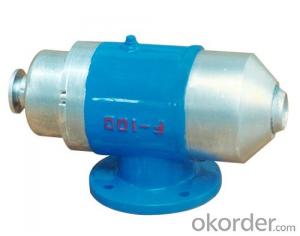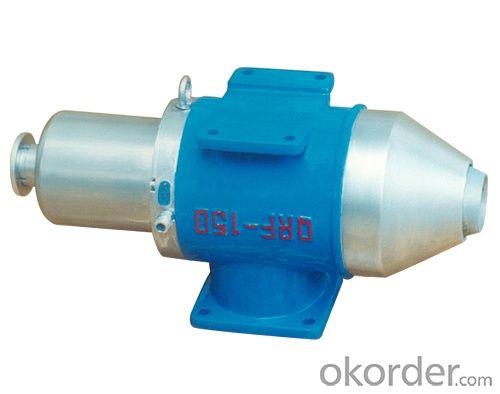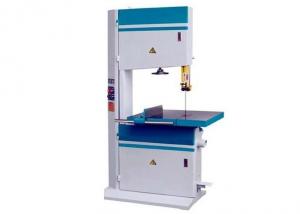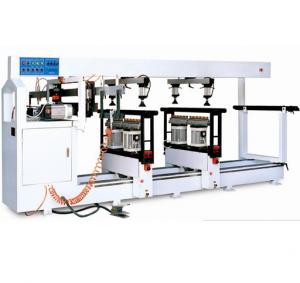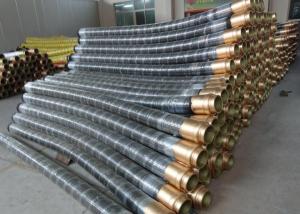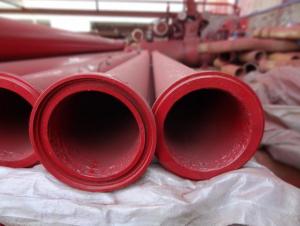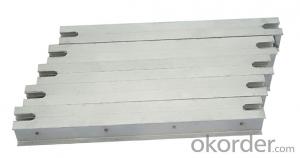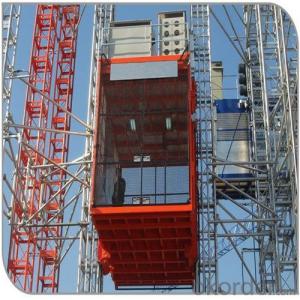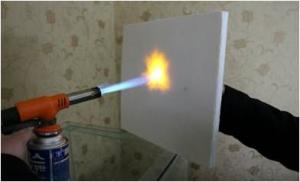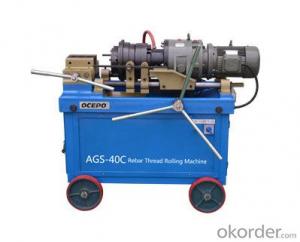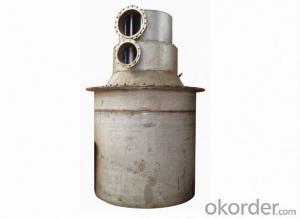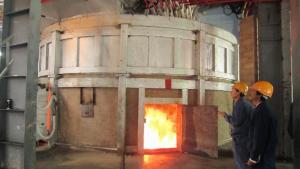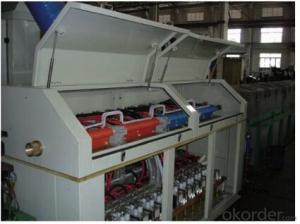Energy-saving F Series(CBF) Oil Burners Industrial Furnaces
- Loading Port:
- China main port
- Payment Terms:
- TT OR LC
- Min Order Qty:
- 5 set
- Supply Capability:
- 100 set/month
OKorder Service Pledge
OKorder Financial Service
You Might Also Like
1、PREFACE
F series oil burners were developed in 1979 in china and have passed the appraisal by the Ministry of Machine Building of Ching.They have won the gold Medal in the first International Patents and new Technical Equipments Exhibition and the Third Prize of Major National Science and Technology Invention Achievements.
F series have been saled to all over the country due to their good quality,simple structure,easy to maintenance,energy-saving and favorable to automation.F series have now made the National Standard.
2、FEATURES
1.The oil flowrate is changed with entrance oil pressure,at the same time the combustion air flowrate is changed with oil flowrate and they can be operated on a prefixed ratio.So it can get the optimum combustion results high efficiency,reduceing air pollution and avoid too much oxidizing of metal.
2.Low air excessive coefficient,higher combustion tempera-ture and wider adjustment ratio.
3.Energy-saving:about(10-15)% oil can be saved.
4.Low air pollution.
5.Easy to be controlled in automatical system.
6.Can burn varied oil:light oil,heavy oil and high visco-sity oil.
3、CONSTRUCTION AND PRINCIPLE
F series oil burners are consist of casing,oil nozzle,oil vat,volumn piston,bellows,ratio adjustment handle,etc.(showed in fig.1)
The oil which pressure is changed in (49-294)kpa is atomized three time in the burner by low air pressure,the atomized oil particles are pretty small(50-80um) and uniform,so they can be mixed with air in edsirabe conditions.
For easy to installating and maintenance,a new connection structure is adopted for oil tube and the burner,So the internal components inside the burner can be remove out of the casing easily only by disassembling a screw (for F80 and F150 model) and needn’t to disassembling the oil tube and other components.
If needs to increasing the combustion capacity, can increase the entrance oil pressure and the bellows will be compressed and it makes the column piston(a small oil groove on it) move a littlee distance to right side of the burner. At the same time, the spring is compressed and the two pressure are in equilibrium state. Becaust the oil pressure is changed with the length of oil groove, so the quantity of oil is increased.And the exie are of air is increased due to it is moved with the column piston.So the quantity of air is increased under a certain air pressure.The air-oil ratio can be prefixed by adjusting the ratio adjustment handle.
4、CHARACTERISTLCS
Table 1. F Series oil Burners’ Characteristics
Model Number Value Parameter | F50(2inches) | F80(3inches) | ||||||||||
Oil Pressure(KPa) | 49 | 98 | 147 | 196 | 245 | 294 | 49 | 98 | 147 | 196 | 245 | 294 |
Combustion Capacity(kg/h) | 3.7 | 7.5 | 11.2 | 15.0 | 18.7 | 22.5 | 7.5 | 15.3 | 23.2 | 30.5 | 38.4 | 46.0 |
Air Flowrate(Nm3/h) | 43.5 | 85.6 | 130 | 174 | 217 | 260 | 89 | 175 | 264 | 355 | 440 | 530 |
Air Pressure(KPa) | 6.9 | |||||||||||
Asjustment Ratio | 1:6 | |||||||||||
Oil viscosity(m2/s) | 36.2×10-6 | |||||||||||
Flame angle(°) | 25-30 | |||||||||||
Flame length(m) | ≤1.5 | ≤2 | ||||||||||
Model Number Value Parameter | F100(4inches) | F150(6inches) | ||||||||||
Oil Pressure(KPa) | 49 | 98 | 147 | 196 | 245 | 294 | 49 | 98 | 147 | 196 | 245 | 294 |
Combustion Capacity(kg/h) | 10.8 | 21.3 | 32.0 | 43.0 | 53.7 | 64.0 | 18.4 | 36.7 | 55.0 | 74.0 | 92.0 | 110 |
Air Flowrate(Nm3/h) | 123 | 247 | 370 | 494 | 618 | 740 | 210 | 420 | 630 | 840 | 1050 | 1260 |
Air Pressure(KPa) | 6.9 | |||||||||||
Asjustment Ratio | 1:6 | |||||||||||
Oil viscosity(m2/s) | 36.2×10-6 | |||||||||||
Flame angle(°) | 25-30 | |||||||||||
Flame length(m) | ≤3 | ≤4 | ||||||||||
In order to meet the needs of all dinds of furnaces, another three series oil burner developed based on the F-series have been developed, The main feature of them is the combustion air is of (150-350)℃ and (350-550) ℃ for F-RF and QRF respectively. And the shape of flame can be changed for F-QRFT. So about (15-20)% and (20-30)% of oil will be saved if use them respectively and the temperature of furnace will bo up quickly. Now they are widely used in
- Q: Fan history rrangement
- They do not look like the windmill now seen, but with a vertical axis, the axis of the vertical arrangement of the wing, and the carousel device is very similar to the arrangement of the Trojan horse.
- Q: Detailed description of the feed pump
- At this point, 0.9Mpa decompression to 0.2Mpa throttle pressure loss, there is a significant energy loss.
- Q: What is the difference between a car blower and an air conditioner?
- If it is internal circulation, then blow out the temperature inside the car.
- Q: What material is used for the fan
- The main structural components of the fan are impeller, chassis, air inlet, bracket, motor, pulley, coupling, silencer, transmission (bearing) and so on.
- Q: What is the difference between the function of the feed pump and the condensate pump?
- And then return to the boiler. Is such a cycle of the process.
- Q: What is a blower?
- Blower is mainly composed of the following six parts: motor, air filter, blower body, air chamber, base (and fuel tank), drip mouth.
- Q: What is the difference between a centrifugal fan and a blower?
- Centrifugal fans and blowers are among the two different categories, can not be compared.
- Q: There is no difference between the blower and the blower
- In the operation of the use of blower pressure difference will automatically lubricate to the drip nozzle, drip into the cylinder to reduce friction and noise, while maintaining the cylinder gas does not return, such a blower, also known as the vane blower.
- Q: Using Boiler Feeding Pump with New
- Intake steam volume: 7t / h; Exhaust pressure: 0.98MPa; Exhaust steam temperature: 330 ℃; Exhaust gas enthalpy: 3176Kj / kg
- Q: What is the relationship between the air flow rate and the motor power?
- Fan efficiency of 0.719 to 0.8; mechanical transmission efficiency for the V-belt drive to take 0.95, for the coupling drive to take 0.98.
Send your message to us
Energy-saving F Series(CBF) Oil Burners Industrial Furnaces
- Loading Port:
- China main port
- Payment Terms:
- TT OR LC
- Min Order Qty:
- 5 set
- Supply Capability:
- 100 set/month
OKorder Service Pledge
OKorder Financial Service
Similar products
Hot Searches
Related keywords
